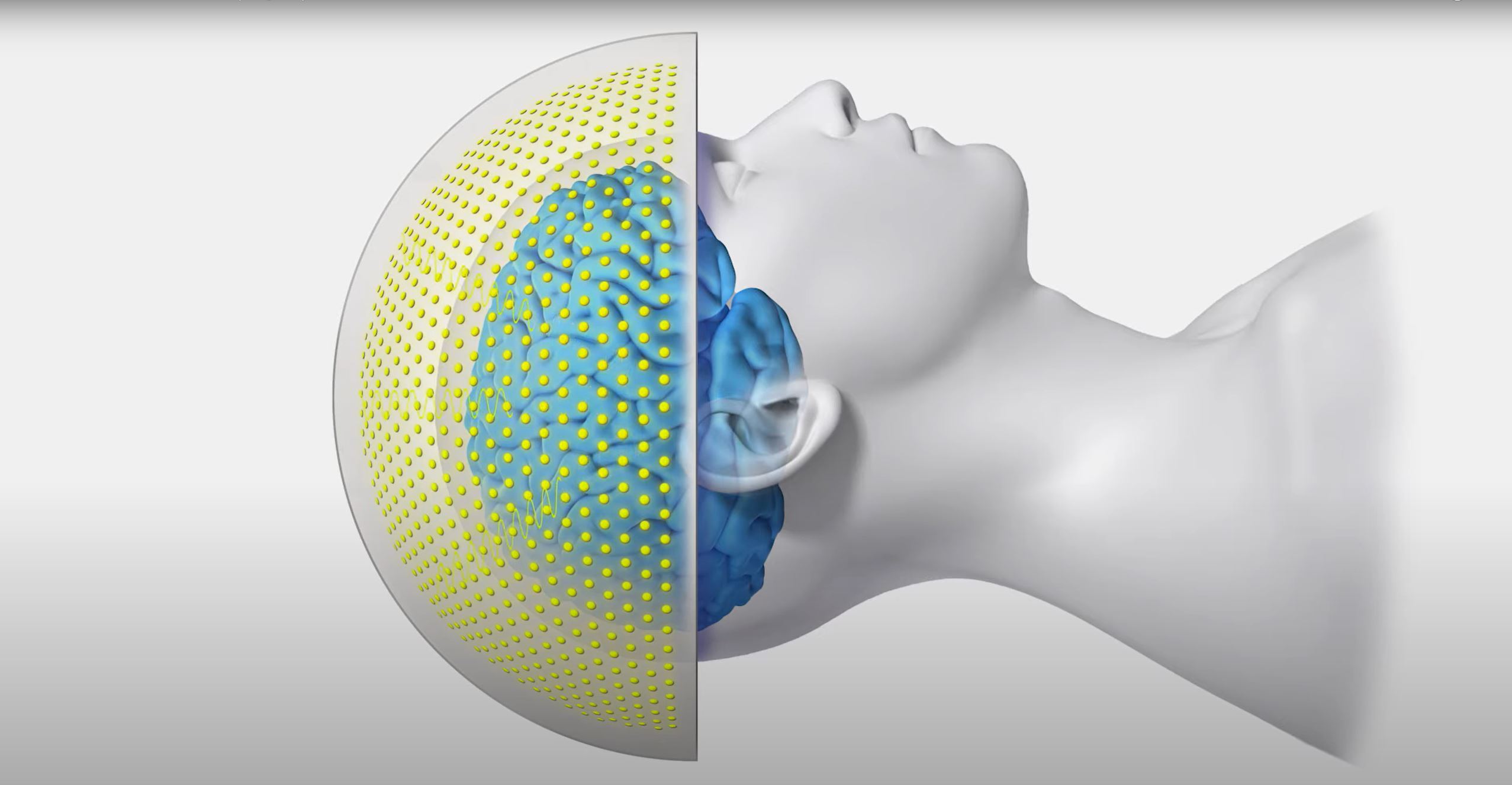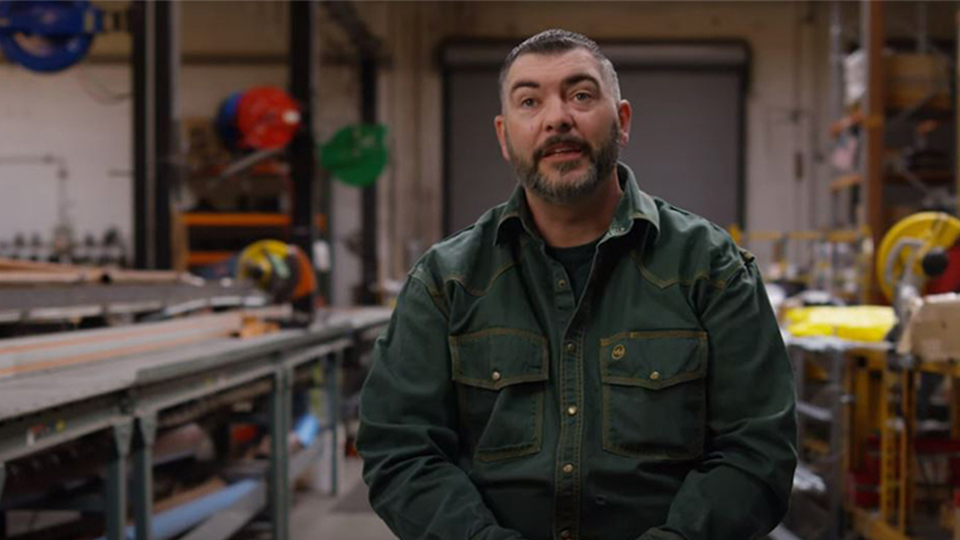Learn about the flu shot, COVID-19 vaccine, and our masking policy »
New to MyHealth?
Manage Your Care From Anywhere.
Access your health information from any device with MyHealth. You can message your clinic, view lab results, schedule an appointment, and pay your bill.
ALREADY HAVE AN ACCESS CODE?
DON'T HAVE AN ACCESS CODE?
NEED MORE DETAILS?
MyHealth for Mobile
Get the iPhone MyHealth app »
Get the Android MyHealth app »
Ensuring a Safe and Effective Ultrasound
Precautions to Ensure a Safe and Effective Procedure
Prior to the procedure our physician will need to perform a full medical evaluation and full review of your medical chart to assess fully your overall condition. This is necessary to ensure a safe and effective ExAblate® therapy for your condition.
Medications
- Tell your physician of all medications you take and of any risks or tendencies you may have for blood clots. Due to the period of immobilization required for the ExAblate® treatment, the risk of a blood clot forming can increase because you must lie still for so long during this treatment. If your risk for blood clots is high, your medical team may perform additional tests and prescribe additional medications during the procedure that may avert any potential problems.
- Tell your physician if you have ever experienced allergic reactions to imaging contrast media. Patients who have allergies to MR contrast materials may not be suitable candidates. Both contrast and non-contrast images may be collected for viewing the effects of the thermal ablation. Your doctor may consider other imaging techniques to evaluate the ablation effects.
- Tell your physician of any medication allergies that you may have including and not limited to recent or past medications.
- You will need to take medicine before and during the procedure to dull your pain and make you more comfortable during the procedure. The pain lasts only seconds during the sonication and then it dissipates. If you are experiencing significant pain that lasts longer, you need to tell your doctor so that he can give you enough medication to make you comfortable, or so he can adjust the treatment energies to your tolerance.
Treatment area
- We will shave the hair around the area that will be exposed to the ExAblate® ultrasound beam. Stubble or even fine hairs may result in a skin burn. Your medical team will also wipe the area with alcohol immediately before treatment to remove oils to reduce the risk of skin burns.
- Show your physician any scar that overlies the target treatment area. Scar tissue is a different tissue type than surrounding tissue and is more susceptible to heat damage. Alternate beam paths may be able to avoid the scar tissue.
Procedure
- You must lie very still for the entire treatment without moving. Straps or restraints may be used to help you hold your position during the treatment. You will also be given medication to increase your comfort during the treatment, or reduce any painful treatment sensation that you may experience during the delivery of the therapy. Tell your physician of any medical conditions you have that could affect your ability to lie prone on your abdomen for long periods of time. Medical conditions could include neck or back problems (herniated discs or pinched nerves), severe arthritis, etc.
- The interface between the ExAblate® device (gel pad) and the your skin must be free from tissue folds, air bubbles, skin lesions, body hair and oily skin surfaces to prevent painful heat generation and skin burns. The transducer interface (gel pad and water) must be in complete contact with your skin without gaps. Your physician will monitor this area during the treatment to avoid potential skin burns.
- Patients may not be treatable when air-filled organs such as the bowel, etc. are found in the beam path and cannot be moved or maneuvered around. Focused ultrasound can injure these tissues.
- You will be given a Stop Sonication button before the treatment starts, which you will hold during the treatment. The Stop Sonication button is a safety feature built into the system for the patient. If you experience great pain or discomfort or motion, or if you move, push the button to stop the treatment and tell your physician the problem. Your physician will be able to address your concern and alleviate the issue including altering the treatment to avoid nerves, altering the pathway to minimize the pain, slowing the sonications down to allow for longer heat dissipation times, or providing medication to make you more comfortable. Failure to communicate with your physician could result in serious injury.
INTERESTED IN AN ONLINE SECOND OPINION?
The Stanford Medicine Online Second Opinion program offers you easy access to our world-class doctors. It’s all done remotely and you don’t have to visit our hospital or one of our clinics for this service. You don’t even need to leave home!
Visit our online second opinion page to learn more.
To schedule an appointment for MR-guided focused ultrasound, please call 650-498-6148.


